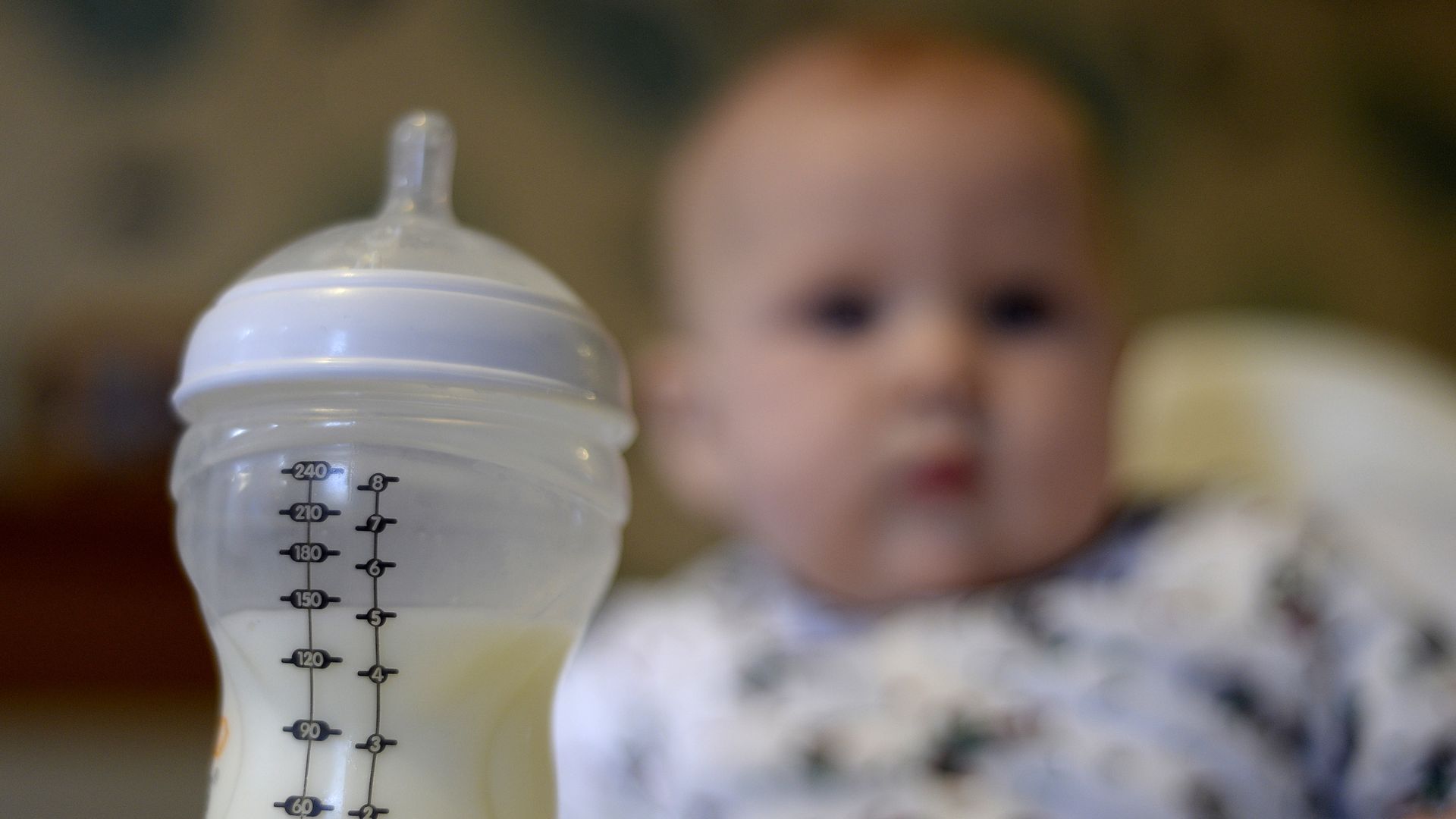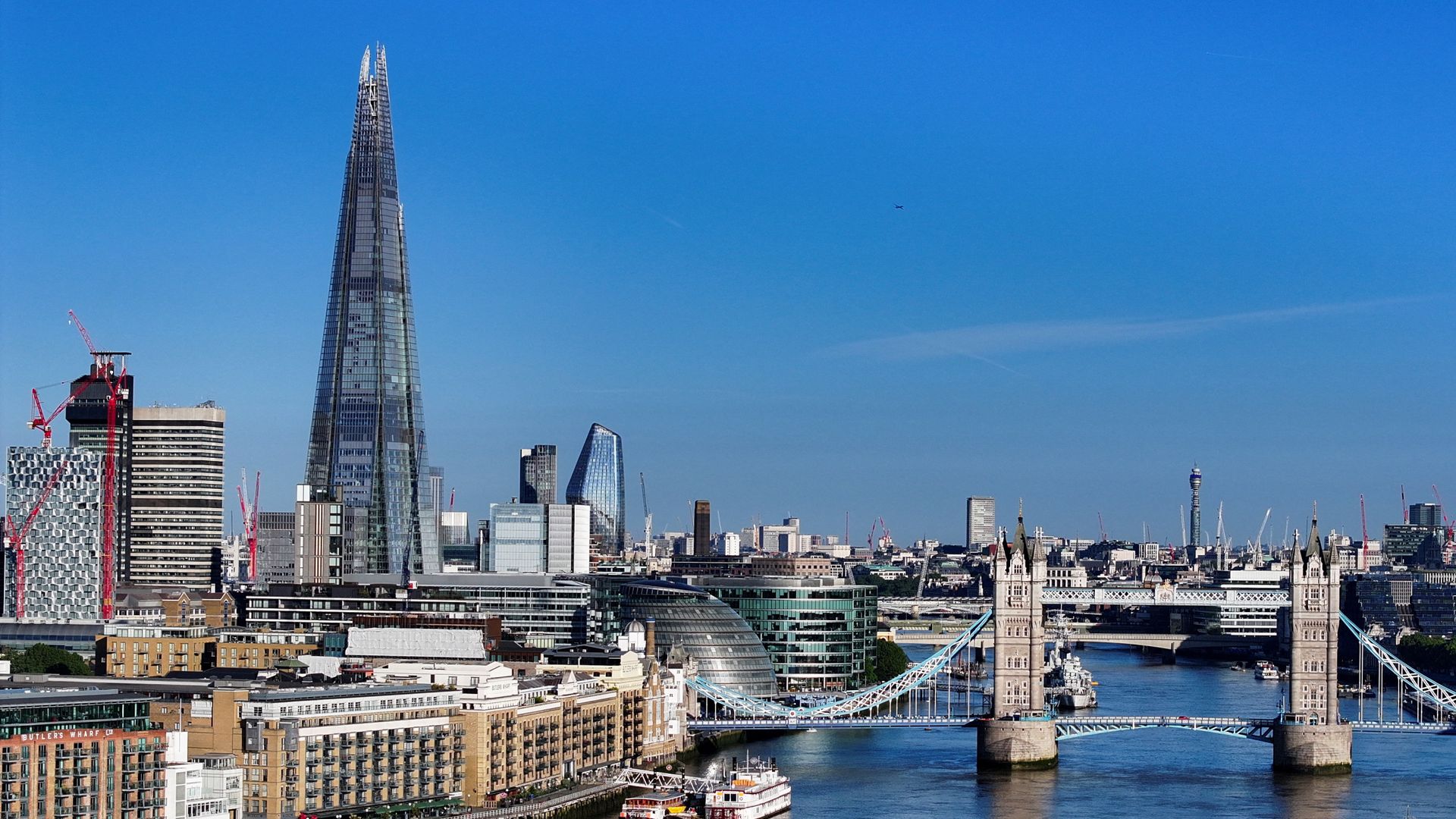

Attorney General Pam Bondi told tech companies that they could lawfully violate a statute barring American companies from supporting TikTok based on a sweeping claim that President Trump has the constitutional power to set aside laws, newly disclosed documents show.
In letters to companies like Apple and Google, Ms. Bondi wrote that Mr. Trump had decided that shutting down TikTok would interfere with his “constitutional duties,” so the law banning the social media app must give way to his “core presidential national security and foreign affairs powers.”
The letters, which became public on Thursday via Freedom of Information Act lawsuits, portrayed Mr. Trump as having nullified the legal effects of a statute that Congress passed by large bipartisan majorities in 2024 and that the Supreme Court unanimously upheld.
Shortly after being sworn in, Mr. Trump issued an executive order directing the Justice Department to suspend enforcement of the TikTok ban and has since repeatedly extended it. That step has been overshadowed by numerous other moves he has made to push at the boundaries of executive power in the opening months of his second administration.
But some legal experts consider Mr. Trump’s action — and in particular his order’s claim, which Ms. Bondi endorsed in her letters, that he has the power to enable companies to lawfully violate the statute — to be his starkest power grab. It appears to set a significant new precedent about the potential reach of presidential authority, they said.
“There are other things that are more important than TikTok in today’s world, but for pure refusal to enforce the law as Article II requires, it’s just breathtaking,” said Alan Z. Rozenshtein, a University of Minnesota law professor who has written about the nonenforcement of the TikTok ban, referring to the part of the Constitution that says presidents must take care that the laws be faithfully executed.
The executive branch has the power, as a matter of prosecutorial discretion, to choose not to enforce laws in particular instances or to set priorities about what categories of lawbreaking they will prioritize when resources are limited.
Previous presidents have occasionally made aggressive use of that power, including when President Obama temporarily shielded from deportation undocumented immigrants who had been brought to the country as children. But the Obama administration also said such “deferred action” could be revoked and did not claim it made their presence lawful, nor cease to enforce immigration law against others.
In her letters, Ms. Bondi went far beyond that. Because of Mr. Trump’s order, she said, tech firms that acted contrary to the statute were breaking no law, even in theory, and the department was “irrevocably relinquishing” any legal claims against them — including under future administrations.
The companies, she wrote, “committed no violation of the act” and “incurred no liability under the act” during the periods that Mr. Trump had declared a suspension of the law. She also told them they may continue to provide services to TikTok “without violating the act, and without incurring any legal liability.”
Essentially, legal experts said, Mr. Trump is claiming a constitutional power to immunize private parties to commit otherwise illegal acts with impunity.
Zachary S. Price, a University of California San Francisco law professor who has written extensively about the limits of executive power to not enforce laws, compared Mr. Trump’s move with the Obama administration’s rules that delayed carrying out certain provisions of his health care law to ease the transition. But he portrayed the TikTok move as more extreme.
“This is a much bigger deal in that it is just nuking the whole statute instead of tweaking certain provisions,” Professor Price said. “It’s very damaging to the political process.”
Jack Goldsmith, a Harvard Law School professor and former senior Justice Department official in the Bush administration who has written about the TikTok issue, said Mr. Trump’s encroachment on the power of Congress established a precedent that far exceeded actions by other presidents that prompted partisan outcries.
“Recent past presidents have been aggressive in exercising law enforcement discretion, but they haven’t suspended the operation of a law entirely or immunized its violation prospectively,” Professor Goldsmith said.
He cited an 1838 Supreme Court case, involving a law about payments to government contractors, that says the Constitution does not give presidents the power to dispense with laws — a power that the British king used to have.
A spokesman for the Justice Department declined to comment. Representatives for Apple and Google’s parent company Alphabet did not immediately respond to requests for comment. Both companies make TikTok available to users of smartphones and other mobile devices in their app stores.
TikTok also relies on other companies to operate, including the providers of cloud computing services. Other companies that received Justice Department letters released on Thursday included Akamai, Amazon, Digital Realty Trust, Fastly, LG Electronics USA, Microsoft, Oracle and T-Mobile.
Last year, Congress enacted a law that banned the app in the United States unless its Chinese-owned parent company, ByteDance, sold it to a non-Chinese firm. Supporters of the law cited concerns that the Chinese government could amass sensitive user data about Americans or use the TikTok algorithm to manipulate public opinion.
The law says that companies that violate it can face civil fines up to $5,000 per user. A third of Americans say they have used TikTok, according to the Pew Research Center.
The Supreme Court unanimously upheld the law in January, and TikTok briefly disappeared from app stores for American users of Apple iPhones or smartphones using the Android operating system, which is run by Google.
But on Inauguration Day, Mr. Trump directed the Justice Department not to enforce the TikTok ban for 75 days to give his administration time to figure out what to do with it.
Mr. Trump also directed the attorney general to send letters to companies “stating that there has been no violation of the statute and that there is no liability for any conduct that occurred during the above-specified period, as well as for any conduct from the effective date of the act until the issuance of this executive order.”
He cited no authority for doing to, although he vaguely gestured toward his “unique constitutional responsibility for the national security of the United States, the conduct of foreign policy, and other vital executive functions.”
Neither the Trump administration nor the tech companies had made public the letters sent by Ms. Bondi. In May, The New York Times filed a Freedom of Information Act lawsuit for the letters. A Silicon Valley software engineer, Tony Tan, also filed a FOIA lawsuit for them in California.
Mr. Tan, who received a more extensive set of Ms. Bondi’s letters on Thursday than the Justice Department provided to The Times, has also filed a lawsuit against Alphabet seeking board meeting notes and other corporate records related to its decision to restore TikTok to the Google app store.
In March, several Democratic lawmakers who opposed the TikTok ban told the White House that it was unacceptable for the executive branch to simply ignore the law and tried to enlist the administration’s support for legislation that would authorize a delay.
On June 29, Mr. Trump said in an interview that the government had found a buyer for TikTok but that it still needed to be approved by China’s leader, Xi Jinping. The White House had also said in April that it was close to a deal, but it apparently collapsed after his imposition of tariffs on China.
Professor Price warned of the constitutional implications carried by the letters, noting that presidents “don’t have the power to change the law itself.” He added, “That’s the line the TikTok order and these letters breach by purporting to legalize conduct that is unlawful by statute.”









-3.png)



